Paris is becoming an increasingly environmentally friendly city with the opening of more green spaces, community gardens, and other eco initiatives. In a similar ecological vein, there’s been an upswing in apiculture. There are in fact ruches (beehives) in the most unexpected places around the city. With all the buzz around bees, I decided to discover more about beekeeping and the honey of Paris.
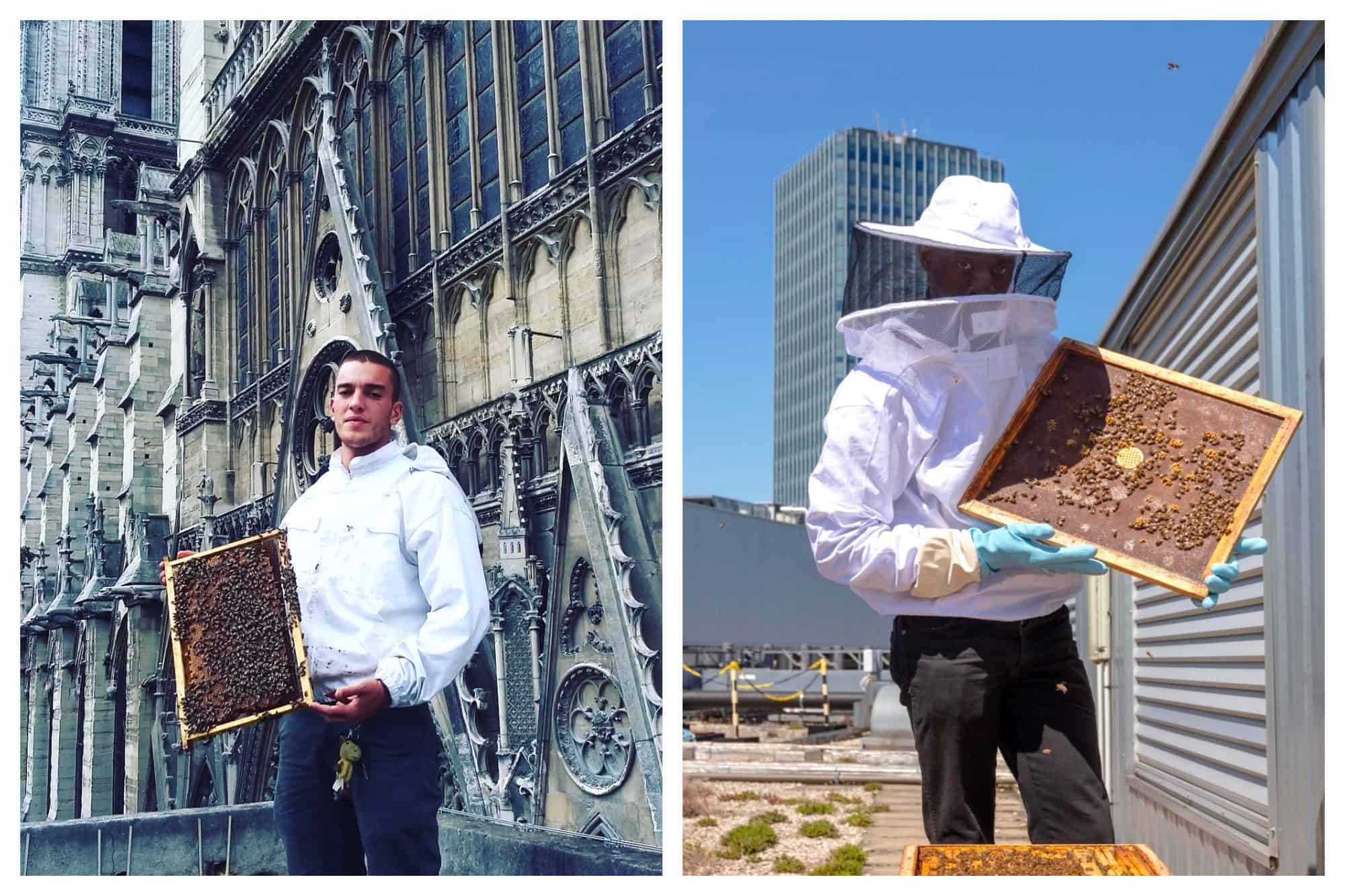
Some limelight was shed on the bees of Paris when news hit that the bees of Notre Dame had miraculously survived the heat and the smoke of the April 15th fire. Since 2013 there have been hives on the sacristy building, located on the south side of the cathedral and thus not far from the epicenter of the blaze. These hives are maintained by Beeopic, a company specialized in beekeeping and hive rentals. They also manage hives atop the Grand Palais.

However, there is a much older apiary found a few blocks away in the northwest corner of the Luxembourg Gardens. Le Rucher Luxembourg was established in 1856 and was met with instant success. It has been run since inception by the Société Centrale d’Apiculture, which manages hives in several other parks and sites in and around Paris. They also offer courses for those interested in learning about beekeeping.

Over on the Right Bank, there have been hives on the Opéra Garnier for almost 40 years. These were previously managed by Jean Paucton, a former props manager of the Opera. It was his idea to set up the hives in 1981 and he took assiduous care of them until retiring in 2013 at age 77. Today; the Opera’s hives accommodate 450,000 bees who collect pollen in the flower-abundant Palais Royal and Tuileries Gardens. The honey they produce is sold at the Opera’s boutique, when it is in stock, usually just in time for the holiday season.

The Musée d’Orsay also has hives which are managed by the dapper Audric de Campeau, a sort of beekeeping Renaissance man. His company, Le Miel de Paris, maintains the hives on a number of other prestigious sites including Les Invalides, L’École Militaire, La Monnaie de Paris, and Le Cordon Bleu. In addition to honey, he makes nouget and hydromel, honey mead, which is aged in oak barrels in the Catacombs. You can purchase his products in Fauchon Madeleine, Printemps du Goût – Haussmann, the Grande Epicerie du Bon Marché, and the Musée d’Orsay (full list of sales outlets here).

On the culinary front, there have been hives on the roof of the world-famous restaurant la Tour d’Argent since 2010. These are also managed by Beeopic and the honey makes its way into the dishes of the restaurant’s Michelin-starred menu. If you can’t afford to eat there, you can pick up a jar in the restaurant’s boutique.
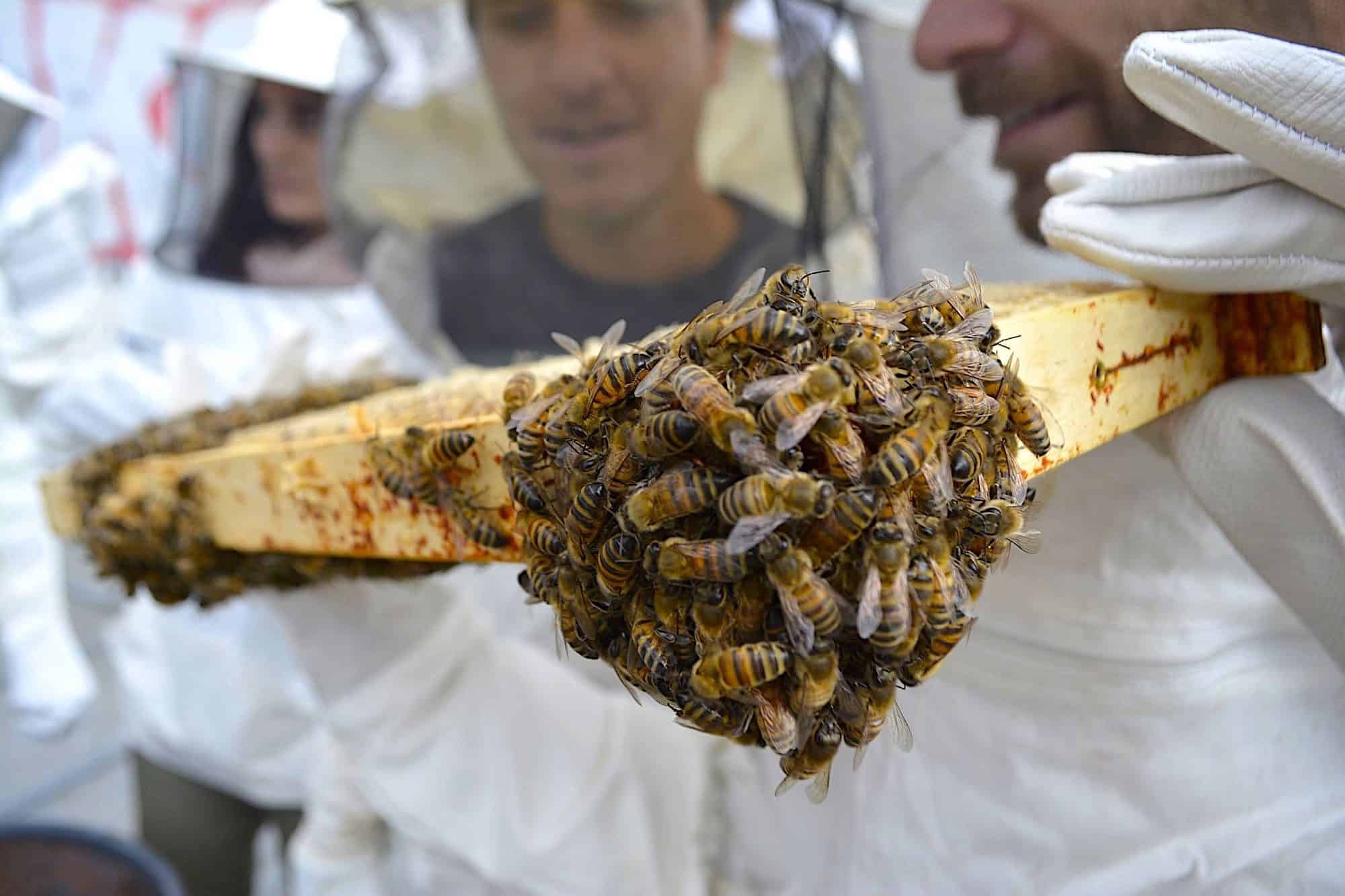
Up in the 19th arrondissement and overlooking the Basin de la Villette, there are hives on the roof of La Rotonde Stalingrad. In spring and summer Happyculteurs organizes beekeeping workshops and tastings here and at a few other cool venues in Paris, making apiculture more accessible to younger generations.

This increased awareness has indeed been creating buzz with a younger crowd, case in point with Moussa Siby. The 24-year-old “bee whisperer” founded Ma Ruche en Ville with the objective of representing the beekeepers of Paris and developing apiculture education. He has several hives on rooftops around the capital and regularly gives talks in schools and elsewhere.
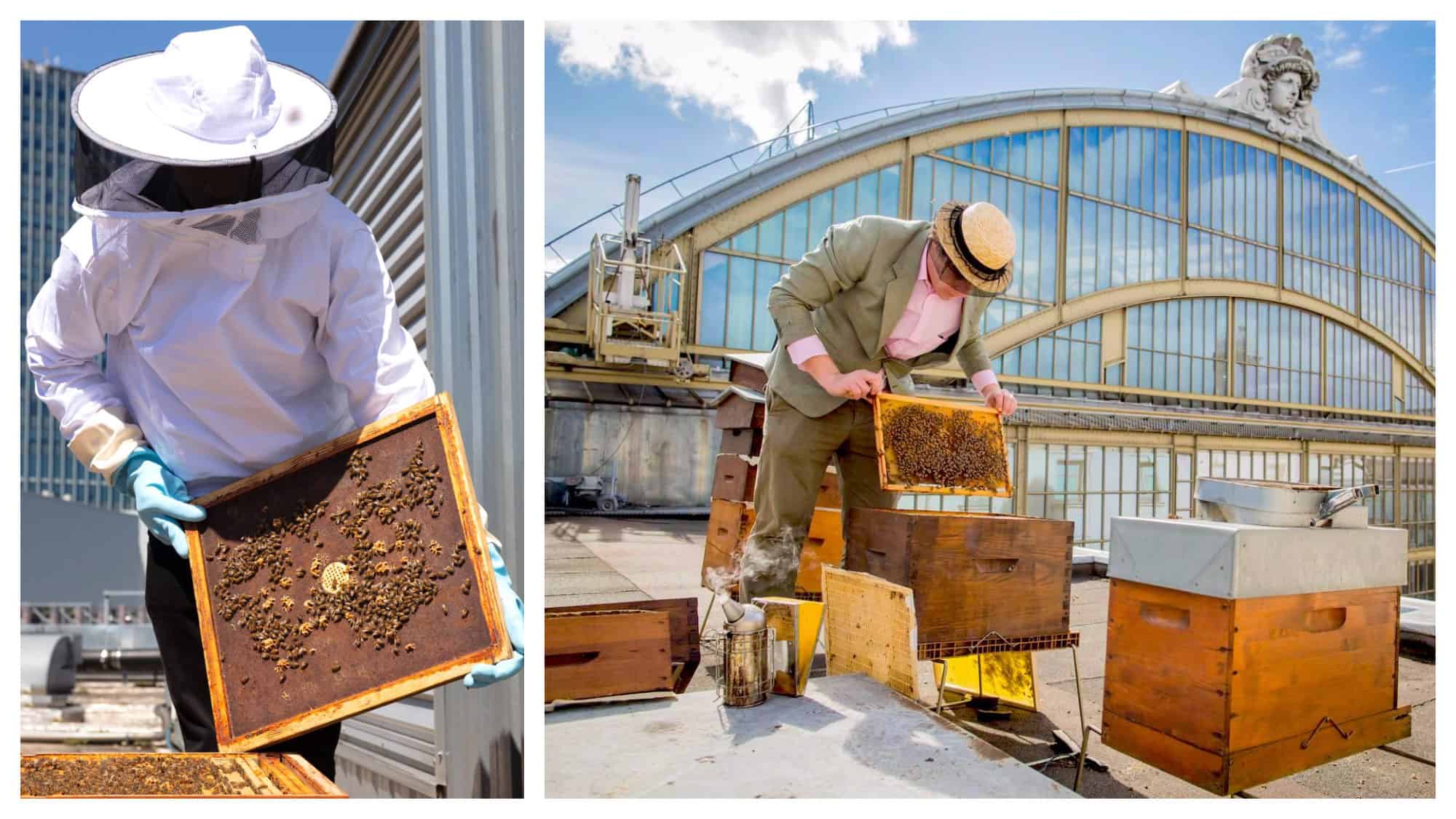
If you don’t think you would like to don a beekeeping suit, than you can still get involved in Parisian apiculture by “adopting” a hive through Un Toit pour les Abeilles. For eight euros per month, individuals can sponsor a hive which grants them regular updates on their bees and of course some jars of honey.
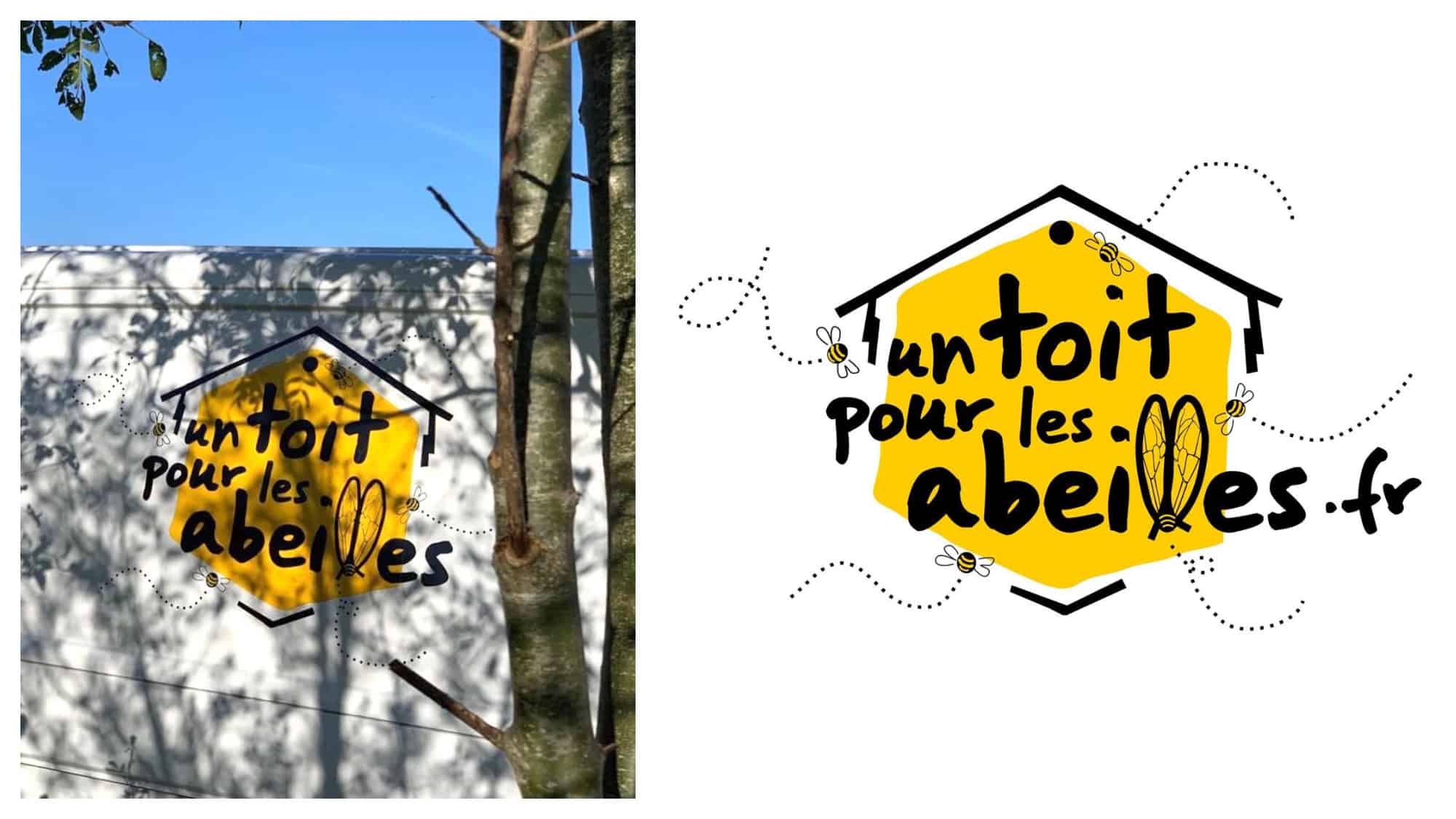
Related Links
- Audric de Campeau is also behind Hydromel de Paris.
- Read about permaculture in France.
- And check out Paris’ community gardens.
Written by Lily Heise for HiP Paris. Looking to travel? Check out Haven In for a fabulous vacation rental in Paris, France or Italy. Looking to rent long-term or buy in France or Italy? Ask us! We can connect you to our trusted providers for amazing service and rates.





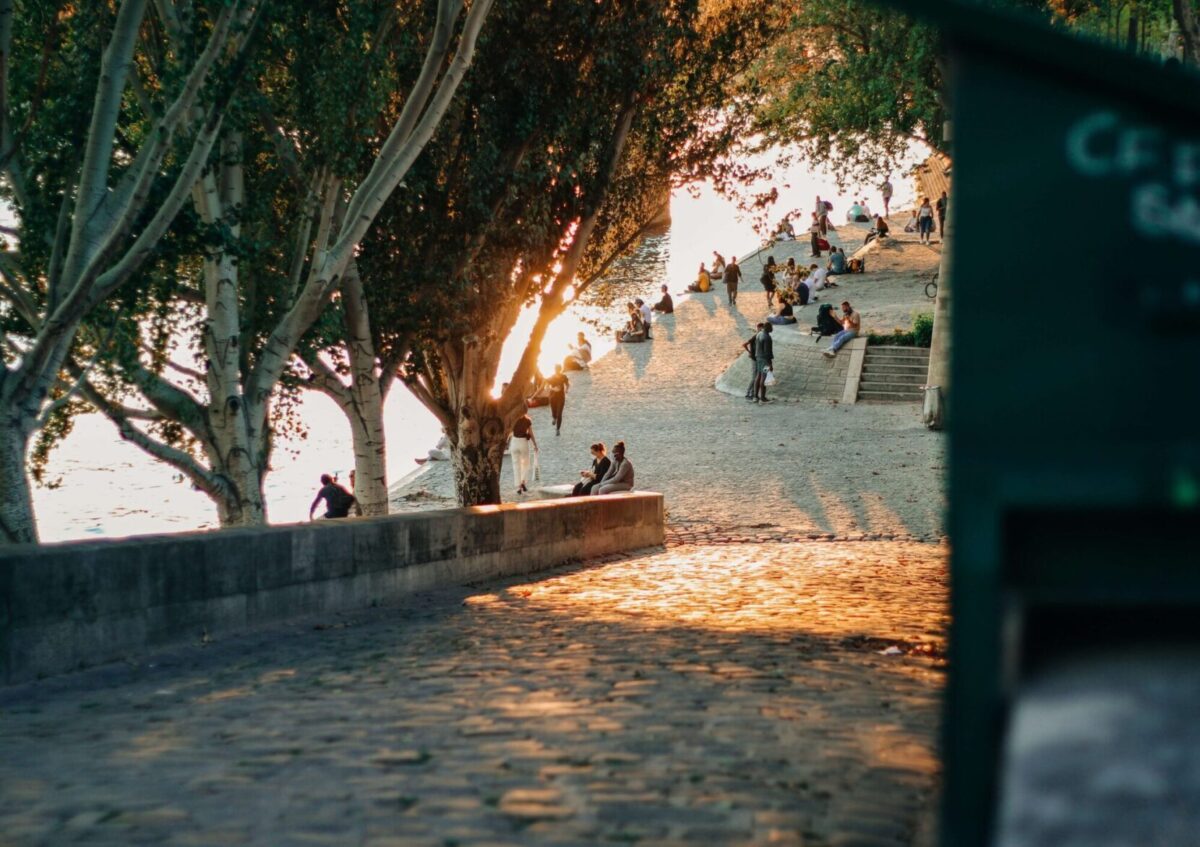
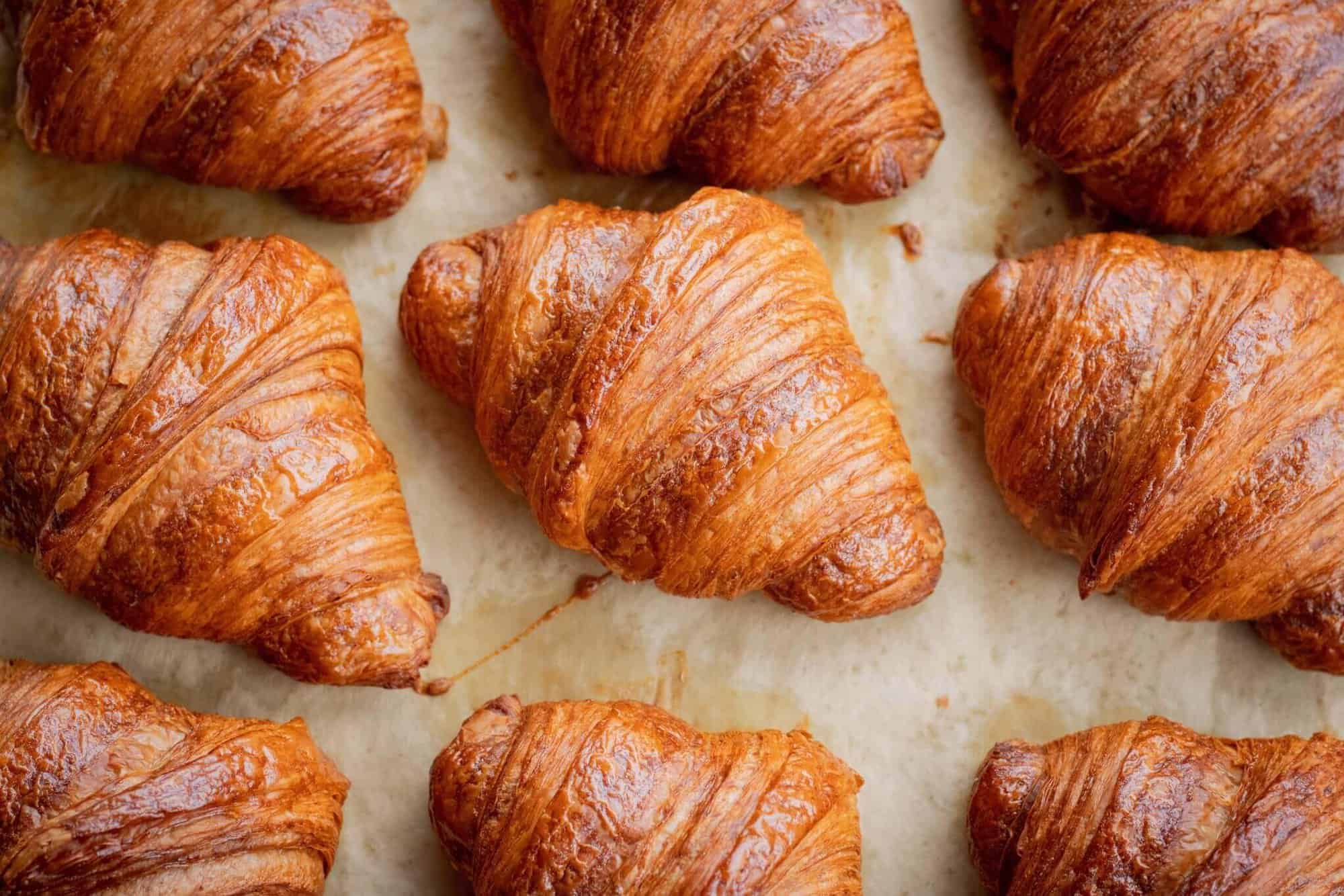
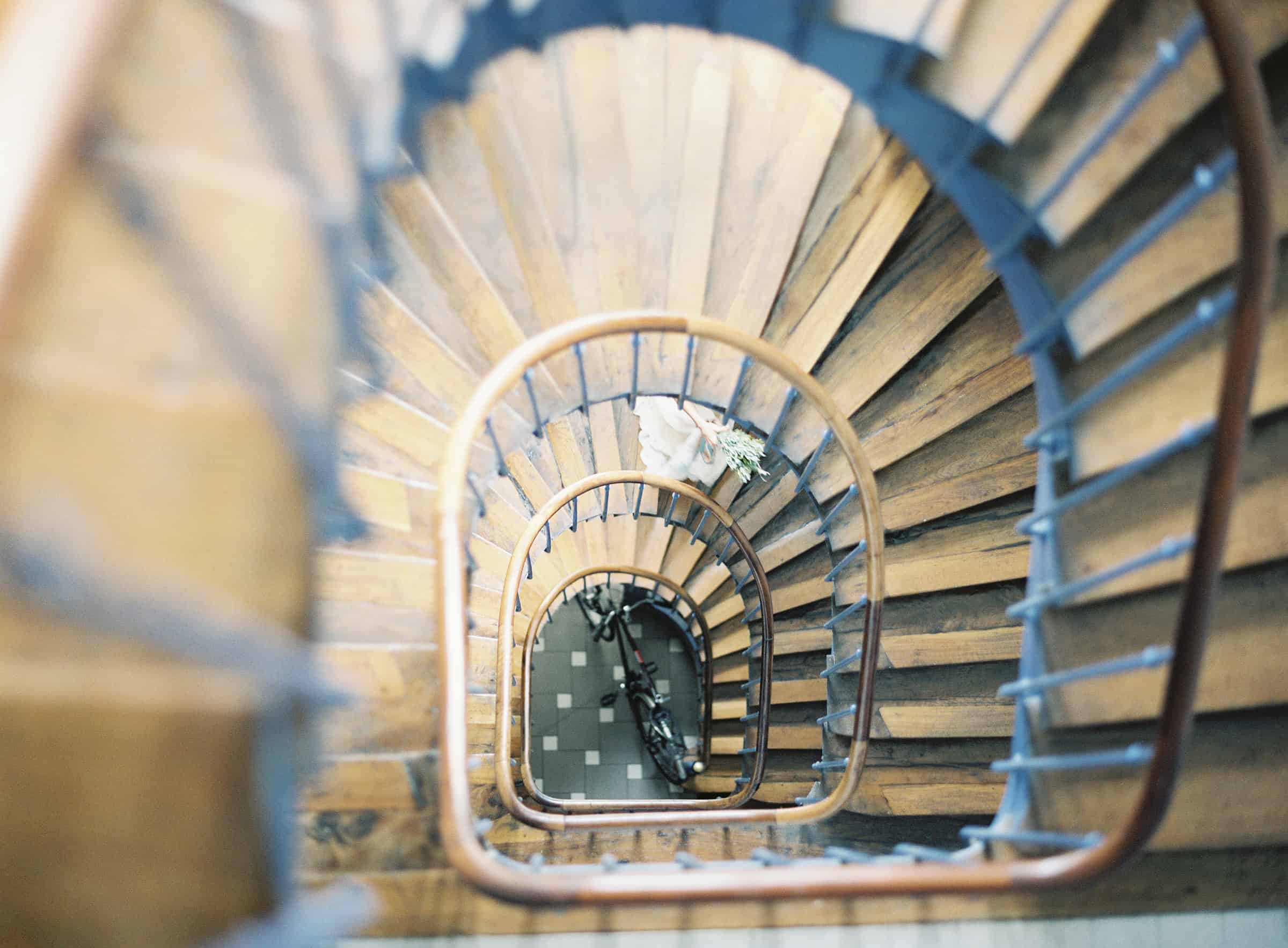





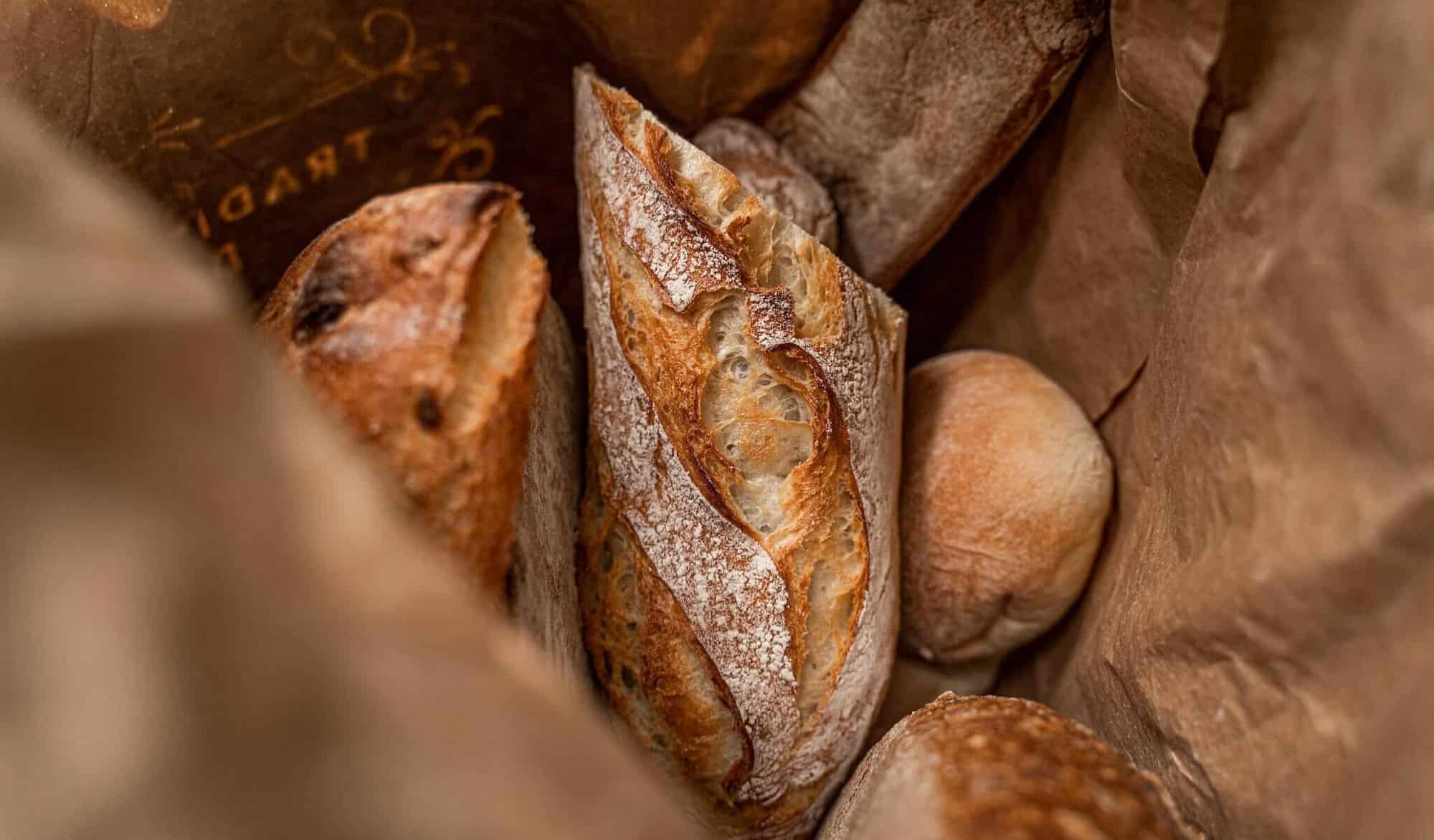




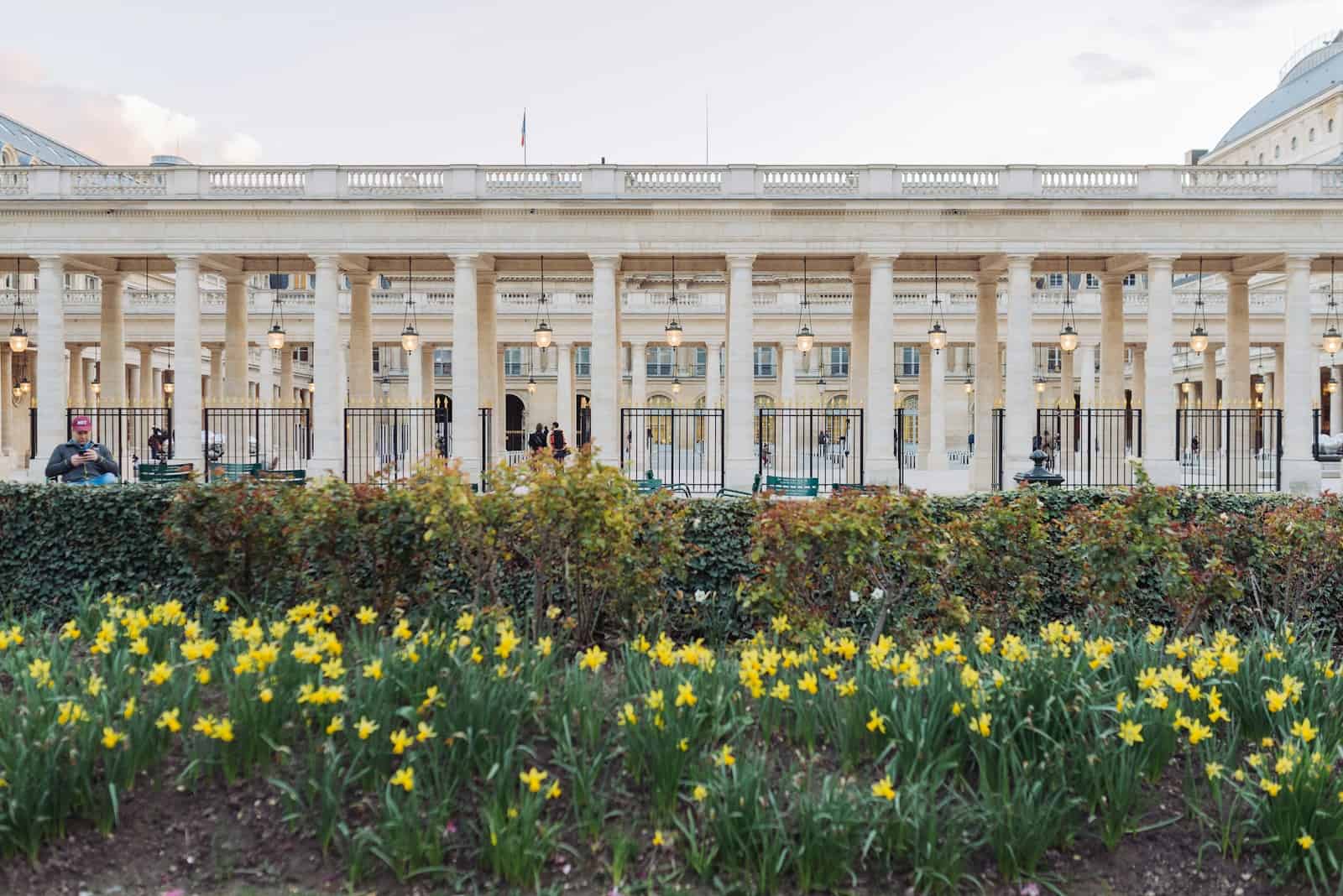
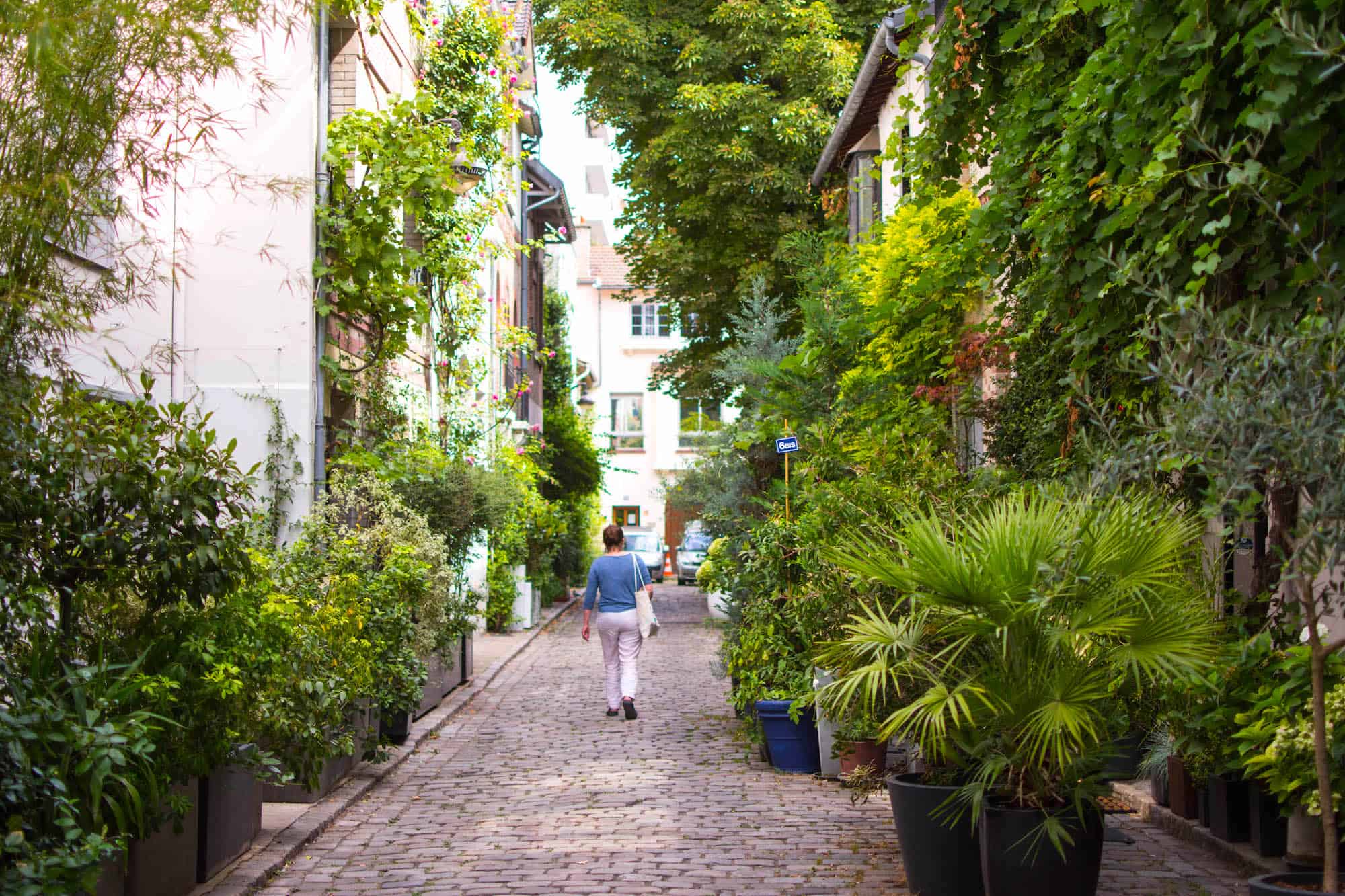


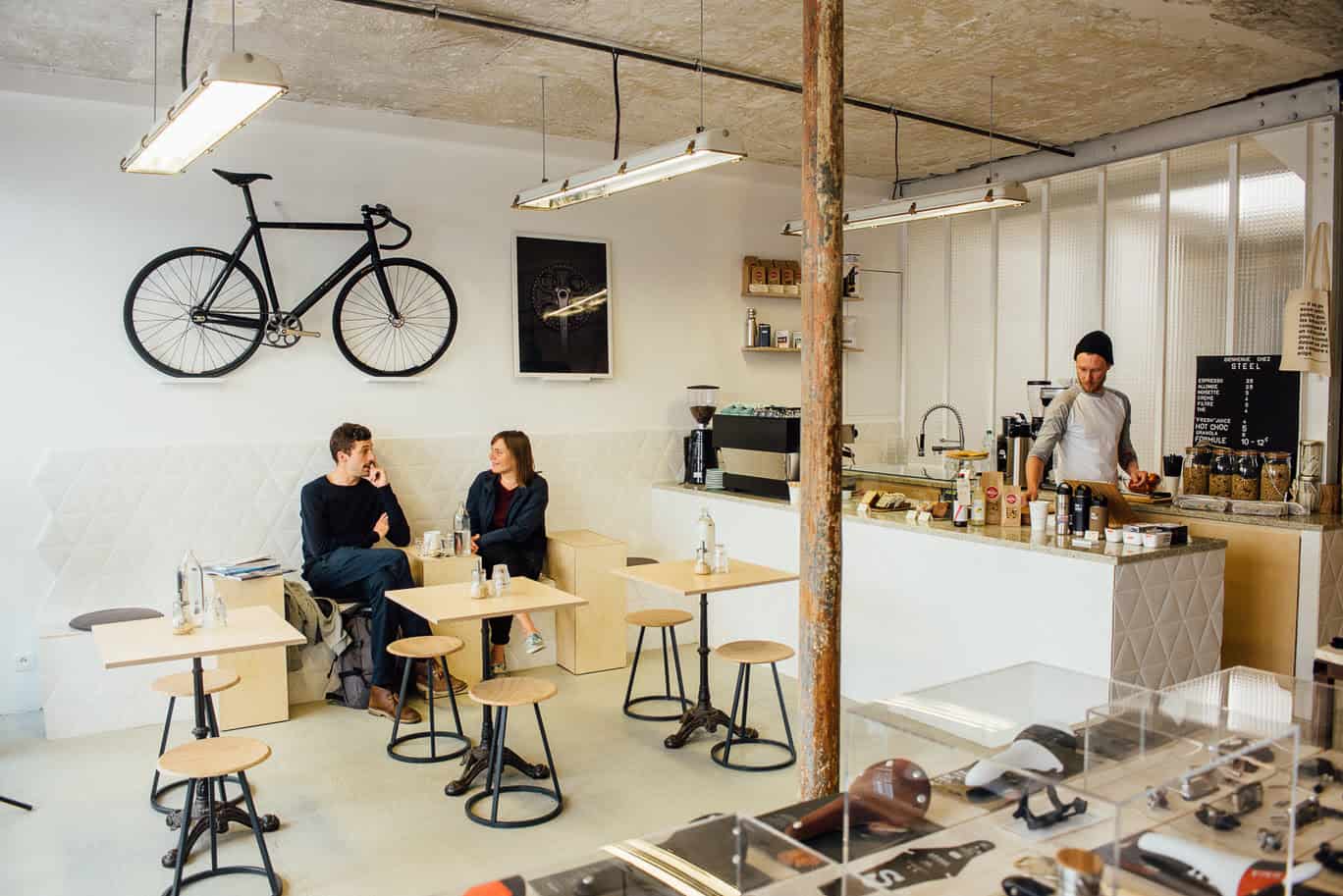

I really loved learning about the bees and honey in Paris! Is the honey only seasonal? I will be there in october.